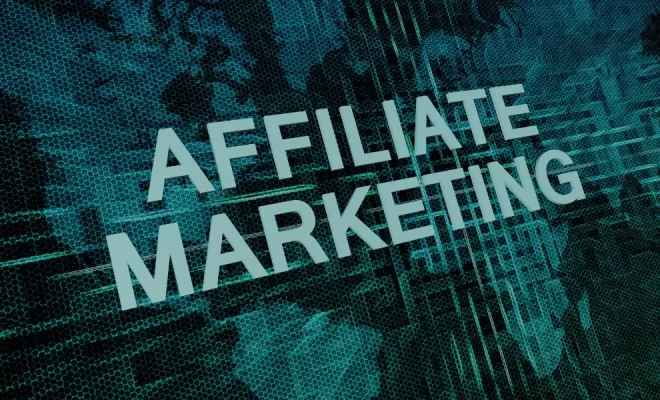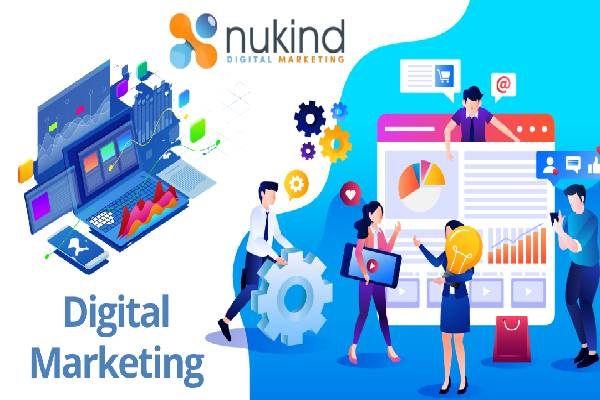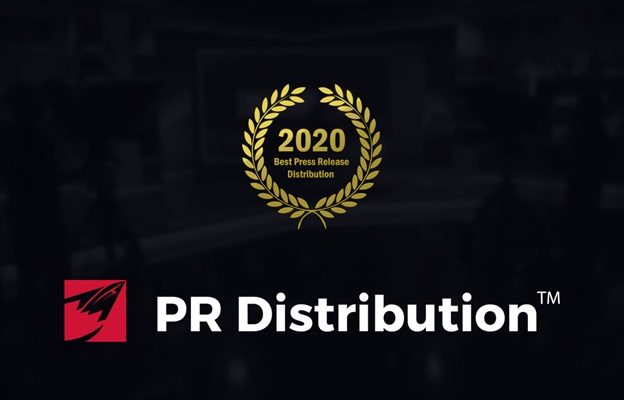The Power of Social Media in Wholesale Digital Marketing

In today’s market, a wide range of strategies and channels have become a crucial part of wholesale digital marketing. E-commerce and online advertising have become the most effective ways to reach customers and build brands. One of the most important parts of online advertising is social media marketing.
With the rise of social media, businesses can now leverage these channels to connect with their target audience, increase brand awareness, and generate leads. In this blog, we’ll discuss the power of social media in wholesale marketing, and how businesses can leverage it to improve their bottom line.
1. Understanding The Marketing Funnel
Before recognizing how to leverage social media for digital marketing, it’s essential to understand the marketing funnel. The marketing funnel consists of several stages, starting with awareness and ending with conversion.
Social media plays an important role at the top of the funnel, where businesses aim to increase brand awareness. By creating engaging content and running social media campaigns, businesses can attract new leads and expand their customer base.
2. The B2B Aspect
B2B marketers are using social media channels more than ever to connect with their target audience. LinkedIn is the most popular platform for B2B, followed by Twitter and Facebook. Being designed especially for it, LinkedIn is the go-to platform for commercial networking, job searches, and sharing business-related content.
On the other hand, Twitter is popular for sharing industry news. Facebook is used for promoting company culture and showcasing products and services. After LinkedIn, Facebook is the most popular social media platform for B2B marketers.
On Facebook, B2B companies can create a brand page and post updates that include videos, photos, links, events and more. Businesses also have the option of creating a group to connect with their target audience more effectively.
3. Keep A Coherent Message Across Different Platforms
When it comes to social media, it’s essential to keep a coherent message across different platforms. This means ensuring that your branding, messaging, and tone of voice remain consistent across all social media channels.
Consistency is key to building brand recognition, trust, and loyalty among your target audience. If you’re sending out different messages without this in mind, it’s likely that your audience will only become confused.
4. Integrate With Brick-And-Mortar Retail
Social media platforms can also be leveraged to integrate digital marketing with brick-and-mortar retail. Retailers can use social media to promote in-store events, offer exclusive promotions to followers, and showcase new products.
For example, retailers can use Instagram to create shoppable posts, allowing customers to buy products directly from the platform.
5. Utilize Social Media For Reputation Management
Social media platforms are also great tools for reputation management. Businesses can monitor their online reputation by keeping track of what people are saying about their brand on social channels. By responding to comments and reviews, businesses can improve their online reputation, and maintain a positive image among their followers.
6. Social Media For Improving Customer Service
Social media platforms can also be used to improve customer service, which essentially falls under public relations and reputation management.
Businesses can use social media to respond to customer inquiries, complaints, and feedback promptly. By providing excellent customer service on social media, businesses can build trust, loyalty, and repeat business.
7. Employee Recruitment Via Social Media
Social media channels can also be leveraged for employee recruitment. Companies can showcase their company culture, post job vacancies, and connect with potential candidates through social media platforms. LinkedIn is the most popular platform for recruitment, with many companies using it to find potential hires.
Conclusion
Social media has become an essential part of wholesale digital marketing. Businesses leveraging social media platforms can run their campaigns with significantly greater control and a much more well-rounded, comprehensive vision.
By understanding the marketing funnel, choosing the right platforms and maintaining a coherent message across different platforms becomes easier.











